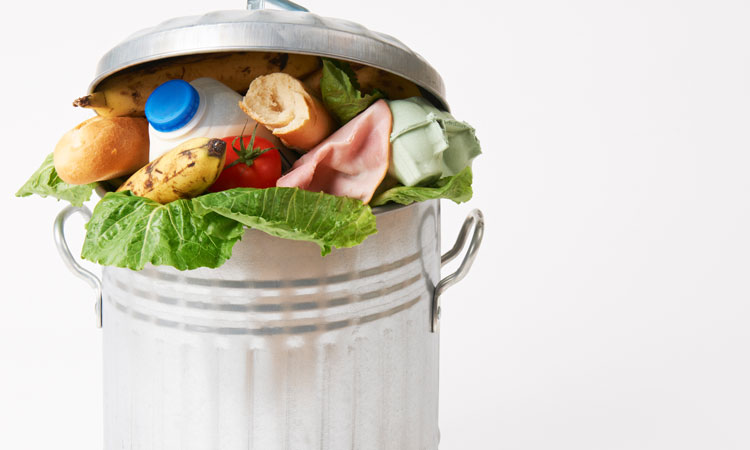
Food waste
Credit: web
Summary: Consumers are likely
wasting much more food than commonly believed, according to a new study. Share:
FULL STORY
Consumers are likely wasting much
more food than commonly believed, according to a study published February 12,
2020 in the open-access journal PLOS ONE by Monika van den Bos Verma and
colleagues from Wageningen University and Research, The Netherlands.
The Food and Agriculture
Organization of the United Nations (FAO) estimated that in 2005, one third of
all food available for human consumption was wasted (in this context, "waste"
refers to food fit for human consumption which went uneaten). This figure has
continued to serve as reference for the extent of global food waste. However,
the FAO methodology does not factor in consumer behavior regarding food waste
and considers food supply alone in determining the extent of food waste. This
study is the first to investigate if and how consumer affluence may affect food
waste.
Using a human metabolism model
and data from FAO, the World Bank, and the World Health Organization, van den
Bos Verma and colleagues quantified the relationship between food waste and
consumer affluence. Using this model, they created an international dataset
providing estimates of global as well as country specific food waste.
The authors found that once
consumer affluence reaches a spending threshold of approximately $6.70/day per
capita per day, consumer food waste starts to rise- increasing rapidly with
rising affluence at first, and then at much slower rates at higher levels of
affluence.
Their data also showed that FAO's
estimates of consumer food waste may be too low. While FAO estimated food waste
to be 214 Kcal/day per capita in 2015, this model estimated food waste as 527
Kcal/day per capita for the same year.
This work relies on the accuracy
of FAO's data, which may not always be complete (for instance, low-income
country surveys don't always include food from subsistence farming). The authors
also note there are many consumer attributes that may affect food wastage beyond
affluence.
However, this work suggests that
to achieve low global food waste, a joint focus on 1) reducing high food waste
levels in high income countries, and 2) preventing waste levels from rising
rapidly in lower-middle income countries where affluence is increasing may be
needed. The authors believe that the method behind this study can be used as a
basis to introduce the affluence elasticity of waste as a new concept in future
models, better understand and assess current food waste magnitudes, and help
measure global progress in reducing food waste.
The authors add: "Novel research
using energy requirement and consumer affluence data shows that consumers waste
more than twice as much food as is commonly believed. It provides a new globally
comparable base against which one can measure progress on the international food
waste target (SDG12), and suggests a threshold level of consumer affluence
around which to launch intervention policies to prevent food waste from becoming
a big problem."
Story Source: Materials provided
by PLOS. Note: Content may be
edited for style and length.
Journal Reference: Monika van den
Bos Verma, Linda de Vreede, Thom Achterbosch, Martine M. Rutten. Consumers
discard a lot more food than widely believed: Estimates of global food waste
using an energy gap approach and affluence elasticity of food waste. PLOS ONE,
2020; 15 (2): e0228369 DOI: 10.1371/journal.pone.0228369
Source: Science Daily URL:
https://www.sciencedaily.com/releases/2020/02/200213135758.htm